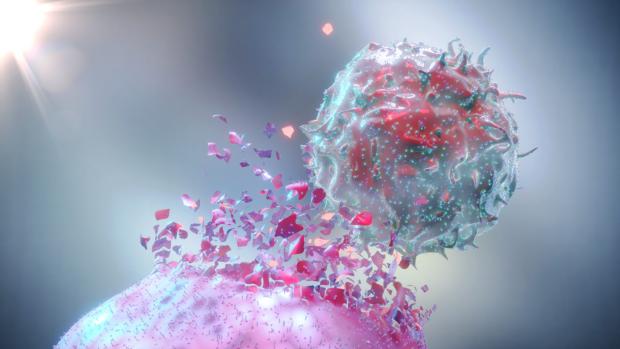
Breaking News
 Powerful Pro-life Ad Set to Air During Super Bowl 'Adoption is an Option' (Video)
Powerful Pro-life Ad Set to Air During Super Bowl 'Adoption is an Option' (Video)
 Even in Winter, the Sun Still Shines in These Citrus Recipes
Even in Winter, the Sun Still Shines in These Citrus Recipes
 Dates: The Ancient Fertility Remedy Modern Medicine Ignores Amid Record Low Birth Rates
Dates: The Ancient Fertility Remedy Modern Medicine Ignores Amid Record Low Birth Rates
 Amazon's $200 Billion Spending Shock Reveals Big Tech's Centralization Crisis
Amazon's $200 Billion Spending Shock Reveals Big Tech's Centralization Crisis
Top Tech News
 SpaceX Authorized to Increase High Speed Internet Download Speeds 5X Through 2026
SpaceX Authorized to Increase High Speed Internet Download Speeds 5X Through 2026
 Space AI is the Key to the Technological Singularity
Space AI is the Key to the Technological Singularity
 Velocitor X-1 eVTOL could be beating the traffic in just a year
Velocitor X-1 eVTOL could be beating the traffic in just a year
 Starlink smasher? China claims world's best high-powered microwave weapon
Starlink smasher? China claims world's best high-powered microwave weapon
 Wood scraps turn 'useless' desert sand into concrete
Wood scraps turn 'useless' desert sand into concrete
 Let's Do a Detailed Review of Zorin -- Is This Good for Ex-Windows Users?
Let's Do a Detailed Review of Zorin -- Is This Good for Ex-Windows Users?
 The World's First Sodium-Ion Battery EV Is A Winter Range Monster
The World's First Sodium-Ion Battery EV Is A Winter Range Monster
 China's CATL 5C Battery Breakthrough will Make Most Combustion Engine Vehicles OBSOLETE
China's CATL 5C Battery Breakthrough will Make Most Combustion Engine Vehicles OBSOLETE
 Study Shows Vaporizing E-Waste Makes it Easy to Recover Precious Metals at 13-Times Lower Costs
Study Shows Vaporizing E-Waste Makes it Easy to Recover Precious Metals at 13-Times Lower Costs
'TUMOUR KILLER' Cancer patients 'CURED' after doctors turbocharge their blood's

Two adults with leukaemia have been in remission since 2010 after Car-T therapy.
It involves removing blood and genetically modifying its white cells so they target cancer.
The resulting Car-T cells are re-injected in a type of immunotherapy which uses the body's immune system to attack tumours.
Levels of the cells in the two cured patients remain high.
Dr Carl June, of the University of Pennsylvania, US, said: "Based on these results, we can conclude that Car-T cells can cure leukaemia.
"These cells continued to demonstrate tumour-killing characteristics."
Patient Doug Olsen said medics could not find any cancer after a few weeks. He said: "I knew the doctors weren't sure but I was pretty convinced that I was done with cancer."
The NHS offers Car-T to some children with leukaemia and adults with lymphoma.
It warns the therapy can make the immune system over-react or trigger side effects such as fever, vomiting or breathing difficulties.

 Smart dust technology...
Smart dust technology...

